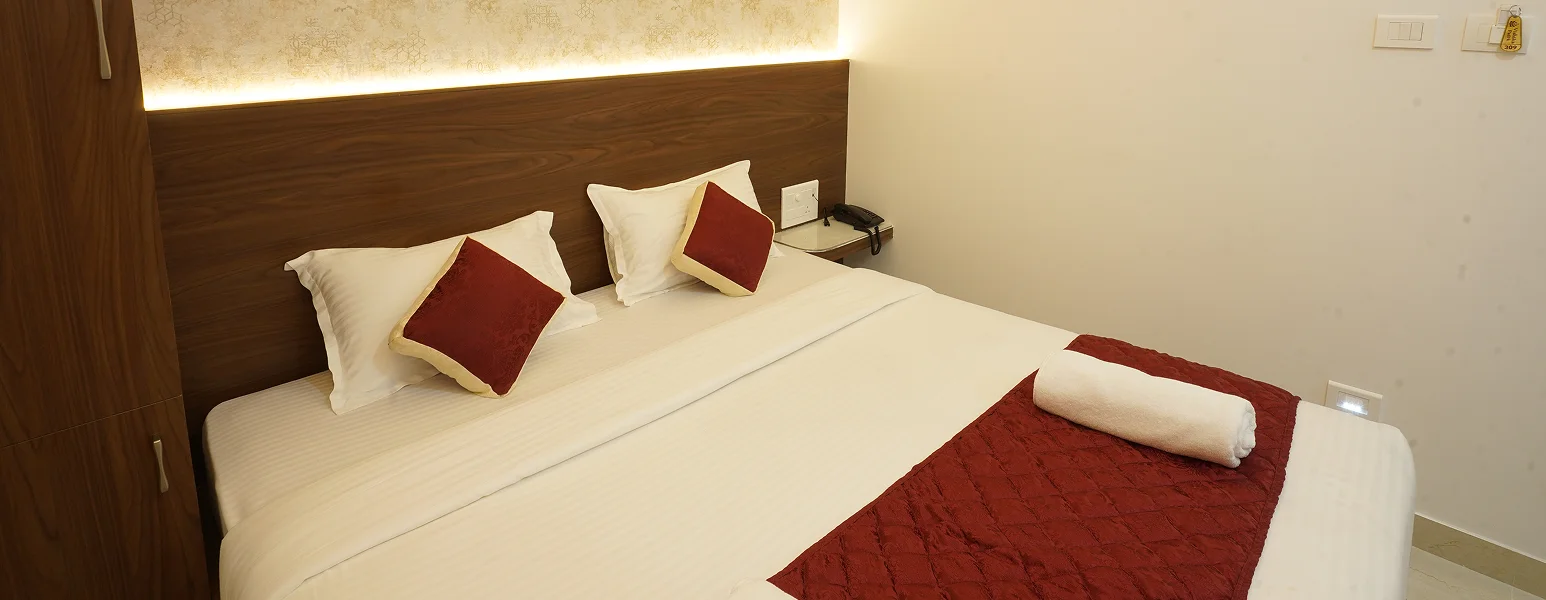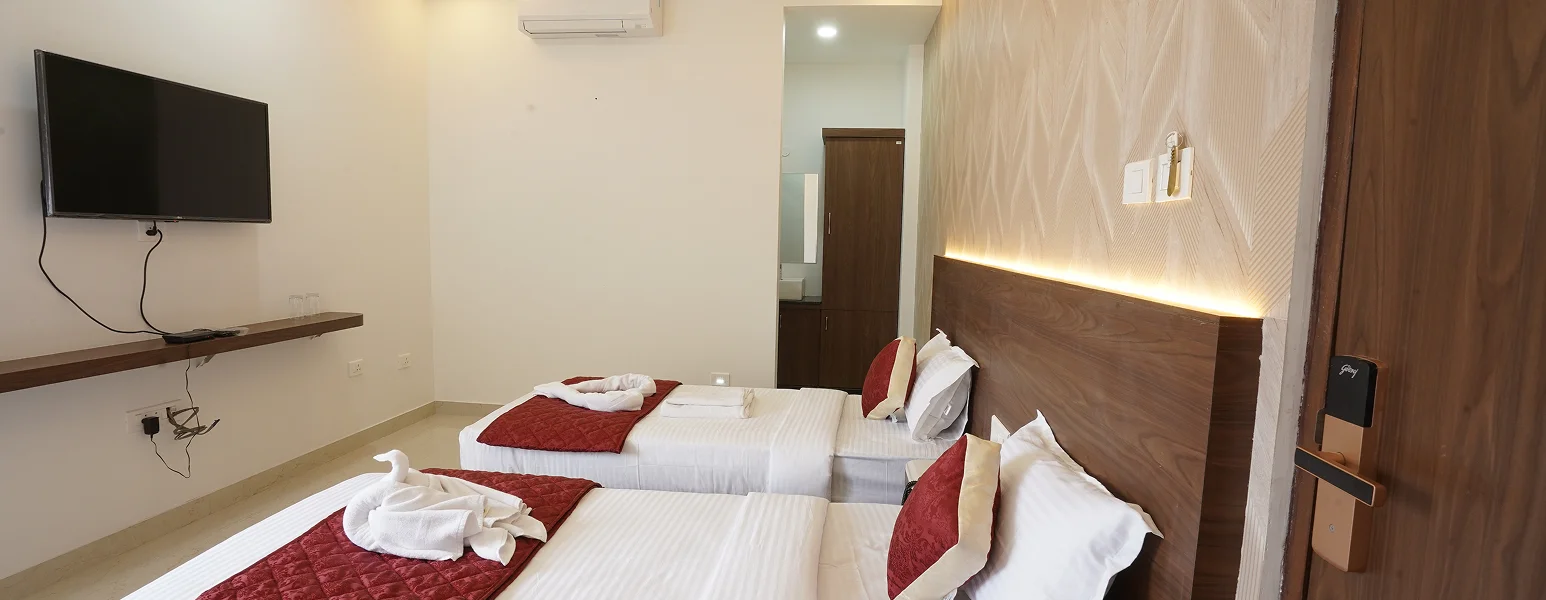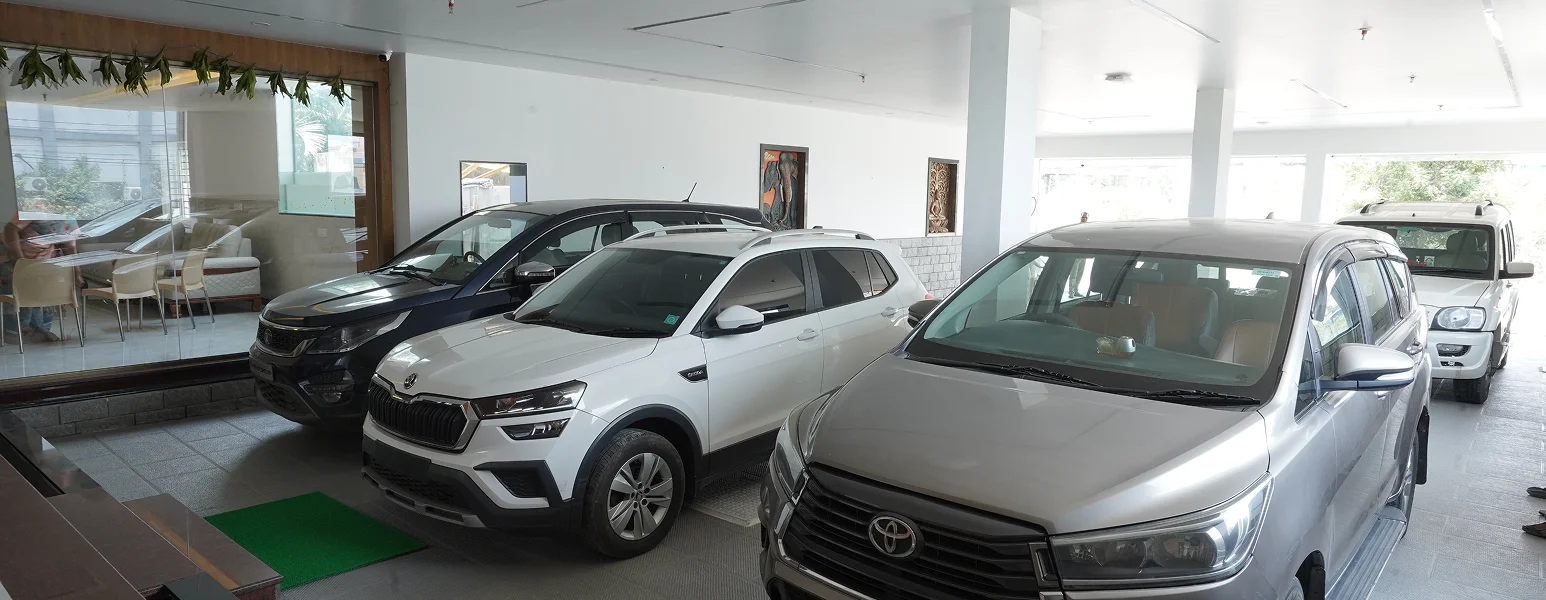The hospitality industry is evolving to offer seamless, safe, and personalized experiences. Let us discuss this further by delving into this article.
Embracing Technology for a Seamless Experience
One of the most noticeable trends in the hospitality sector is the integration of advanced technology. From AI-powered concierge services to mobile check-ins and keyless room access, technology is designed to make guest experiences smoother and more convenient. For instance, hotels are now offering apps that allow guests to control room temperature, lighting, and entertainment systems from their smartphones. This level of customization ensures that every stay is tailored to the individual’s preferences, creating a sense of comfort that goes beyond traditional expectations.
Moreover, artificial intelligence is being employed to enhance customer service. Chatbots and virtual assistants can provide instant answers to queries, make dining or activity reservations, and even offer personalized recommendations based on a guest’s previous visits. This ensures that the guest feels cared for at all times, without having to wait for human intervention.
Sustainability as a Key Consideration
Modern travelers are increasingly conscious of their environmental impact, which has pushed hotels to adopt more sustainable practices. Energy-efficient lighting, water-saving systems, and eco-friendly amenities are becoming standard rather than optional. Some hotels are going a step further by incorporating solar panels, using locally sourced materials, and promoting zero-waste policies.
Sustainability also extends to culinary offerings, with hotels embracing farm-to-table dining experiences and reducing single-use plastics in restaurants and bars. By incorporating green practices, hotels not only contribute to environmental preservation but also attract guests who prioritize ethical and sustainable travel.
Wellness-Centric Accommodations
Health and wellness have become integral to modern hospitality. Travelers are no longer seeking just a bed to sleep in—they want experiences that rejuvenate the body and mind. Wellness-focused stays now include in-room fitness equipment, spa treatments, yoga sessions, meditation spaces, and nutritious dining options. Some hotels even provide personalized wellness plans for longer stays, ensuring guests maintain their routines while traveling.
Hotels that emphasize wellness often see higher guest satisfaction and loyalty, as these services create a holistic experience. By promoting wellness, hotels cater to the evolving needs of a health-conscious traveler while enhancing the overall value of the stay.
Personalization and Customized Experiences
The demand for personalized experiences has never been higher. Guests now expect hotels to remember their preferences, from room type and bed firmness to favorite cuisines and preferred amenities. By leveraging data analytics and customer insights, hotels can tailor their services to individual needs, making guests feel special and valued.
Personalization extends beyond the room as well. Hotels are curating unique experiences such as private guided tours, cooking classes, and cultural activities that align with guest interests. Such initiatives help create memorable stays that go beyond conventional hospitality standards.
Contactless and Safe Stays
Post-pandemic, hygiene and safety have become top priorities for travelers. Contactless check-ins, digital menus, and automated cleaning protocols are not just trends—they are expectations. Hotels that invest in safety measures reassure guests and create an environment of trust and comfort. In addition, many properties now feature UV sanitization in common areas, advanced air filtration systems, and touch-free elevators, further enhancing the sense of security.
Smart Rooms and IoT Integration
The Internet of Things (IoT) is transforming hotel rooms into smart environments. Connected devices allow guests to adjust lighting, climate, and entertainment systems with voice commands or smartphone controls. Smart sensors can optimize energy usage when rooms are unoccupied, contributing to sustainability while reducing operational costs.
This level of automation not only improves convenience but also enables hotels to provide a consistent and personalized experience across multiple stays. Smart rooms represent the intersection of comfort, technology, and environmental responsibility, which is the hallmark of future-ready hospitality.
Experiential and Lifestyle-Oriented Stays
Today’s travelers seek experiences, not just accommodation. Hotels are evolving to offer lifestyle-oriented amenities such as rooftop bars, co-working spaces, adventure activities, and cultural immersion programs. These offerings allow guests to connect with the destination in meaningful ways while enjoying modern comforts.
Experiential stays often lead to higher engagement on social media, as guests share their unique experiences, which in turn enhances the hotel’s brand visibility and appeal. By prioritizing experiences, hotels cater to the desires of younger, experience-driven travelers without compromising on comfort.
Final Thought
The future of hospitality is being shaped by a combination of technology, sustainability, wellness, and personalization. Modern travelers expect more than just a comfortable bed – they seek seamless, safe, and enriching experiences that align with their lifestyles and values. By integrating smart technologies, sustainable practices, wellness offerings, and personalized services, hotels can create unforgettable stays that leave a lasting impression.


